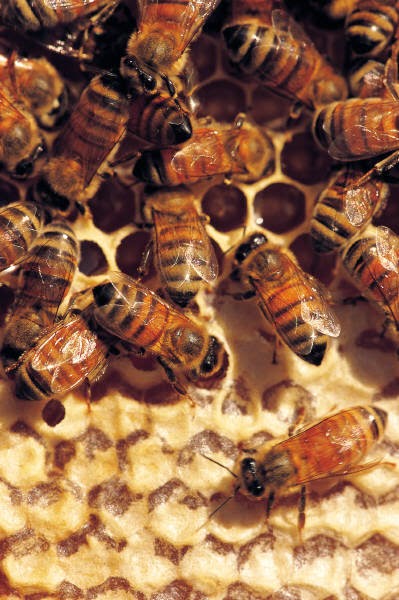 |
| By Antonio Litterio |
Once you’ve finished writing your book, it feels like the hard work’s over. Then you discover it's only just beginning. Unless you’ve got a
literary agent, you’ll have to come out from behind your keyboard and start selling–yourself, as well as your books. This is the toughest part for many authors. Most of us like to spend every spare moment shut away in our own little worlds. The bright lights of publicity are dazzling, but here are some great ways to cope:
1.
Buddy Up: To be an author, you only need to put words down on a page, or up on a screen. Telling a story needs an audience. Actually
selling a book needs readers willing to hand over good money. Start gently, with your friends and family. If they like your work, they shouldn't take much persuading to set up a daisy-chain of sales by recommending your book to their friends. News spreads like ripples in a pond, on the Six Degrees of Separation principle. Make friends with your local librarian (see the next point!) as they're often keen to give publicity to local writers. Join groups such as the
Romantic Novelists' Association, whose members are keen readers as well as writers. They're a fund of useful advice when it comes to book-selling opportunities. Go online where the readers are, too, on sites such as
Goodreads.
Twitter's a great way of networking but remember, the most important thing is actually to build friendships and find out what readers like, rather than go all-out to sell. The internet lacks the subtlety of face-to-face contact. Make sure you only include a sales pitch once in every dozen tweets or so. Make contacts, have fun, and see any effect on sales as a bonus.
2.
Go Equipped: Never leave home without something you can hand out to people you meet. A picture tells a thousand words, so get illustrated! If you don't have a good local printer, you can pick up some great stuff online; bookmarks, flyers with your book's cover on one side and a teasing quote on the other, and business cards. Make sure your contact details are on everything. If your book's available in hardback or paperback form, carry a couple of autographed copies, too. Libraries are aways glad of donated books, and you can give them some bookmarks at the same time. It all helps to get your name recognised, and that'll help widen the audience for your work.
3.
Contract Out: This is where literary agents and virtual assistants can really save you time and stress. Ok, you have to pay for their time and expertise, but they spend their working days honing their specific skills. Wouldn't you like to do the same with your craft? Employing someone to do all your non-writing work gives you more time to be creative. You can read more about the pros and cons of literary agents
here. I did a blog tour with
Nas Dean for
The Weight of The Crown, and it was an easy, fun way to connect with readers. While Nas did all the organisation and paperwork, I dropped in at every blog to answer questions, and reply to comments from readers. It was great–the dates, scheduling, formats, information spreadsheets and prize draw admin was handled by Nas, while I spent all my time doing what I love: writing, and chatting online with readers.
For more writing tips, visit my website by clicking here. You can sign up for my occasional newsletter by mailing me at christinahollis@hotmail(dot)co(dot)uk, putting "NEWSLETTER" in the subject line.











